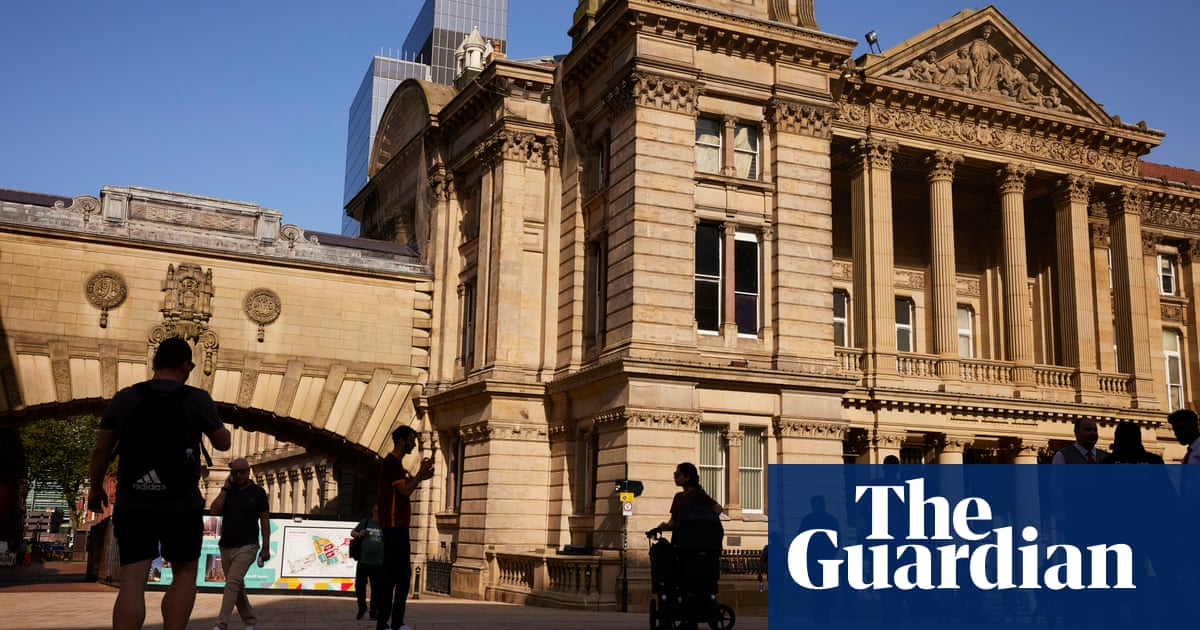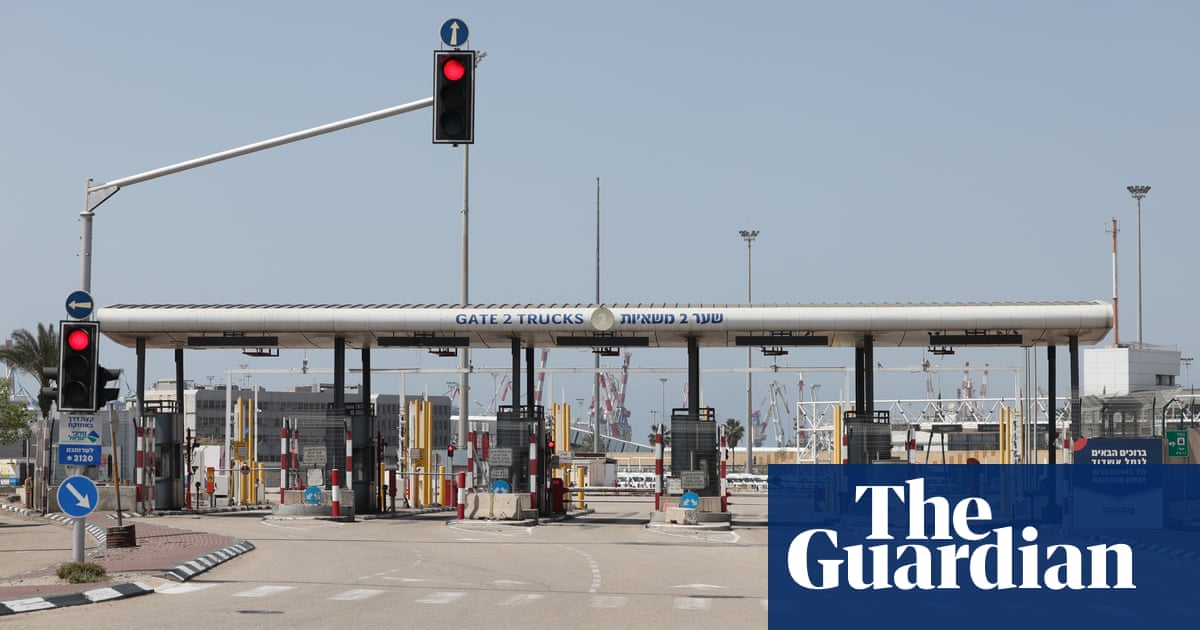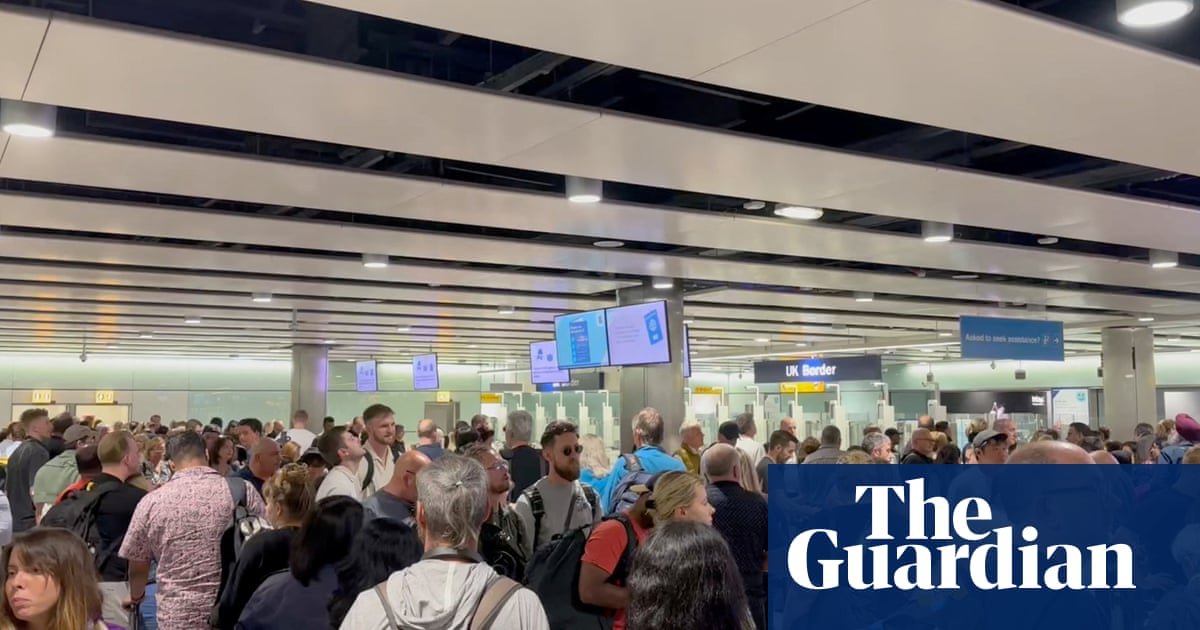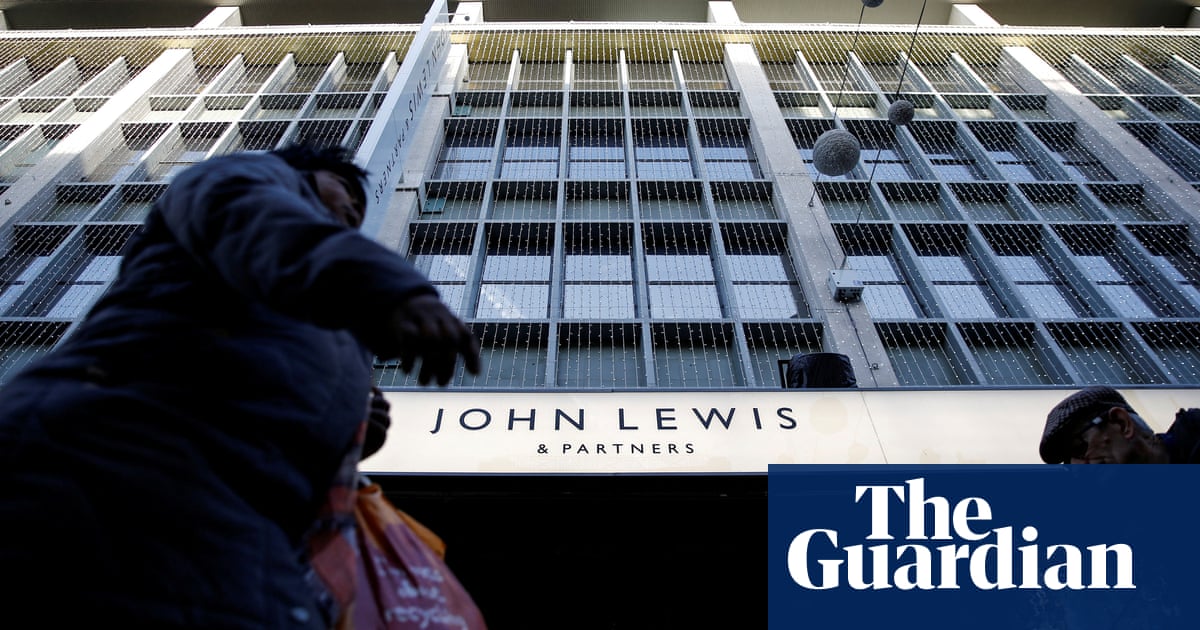
Britain’s public realm is under strain. From crumbling schools and hospitals, to the balance sheet of the country’s largest local authority.
With questions mounting for Rishi Sunak over government funding of public infrastructure, Birmingham city council – responsible for spending £3.2bn a year on everything from rubbish collections to schools, street cleaning and adult social care – in effect declared itself bankrupt on Wednesday.
What happened and why?
Labour-controlled Birmingham has issued a section 114 notice – a legislative tool used in England and Wales to signal that a council does not have the resources to balance its budget.
Although described as “effective bankruptcy”, there is no procedure in law for a UK local authority to actually become bankrupt, and none ever has. However, it requires councillors to discuss the implications within 21 days, and sends a powerful signal to central government that an authority is in dire financial straits.
There have been several high-profile cases in recent years. Woking was the most recent to issue such a notice in June, with the tiny Surrey council admitting it faced a £1.2bn deficit after a disastrous property spree. Others include Thurrock, Slough, Croydon and Northamptonshire.
Birmingham blames its position on a £760m bill for equal pay claims, problems installing a new IT system and £1bn in government cuts over the past decade. While each troubled council has faced homegrown problems, local government leaders say there are also systemic pressures facing town halls – particularly from cuts to funding, soaring inflation, and rising demand for services amid the cost of living crisis.
What effect will it have?
The section 114 notice means all new spending most stop immediately, with the exception of statutory services – including safeguarding vulnerable people. Existing commitments and contracts continue to be honoured.
Most councils in this situation have later passed amended budgets involving spending cuts on services, as well as finding other ways to balance the books through sales of property and other assets.
One senior figure in local government suggested Birmingham could be forced to cut spending on non-statutory services, such as public amenities, highways, maintenance, green spaces and grants for community groups. With a stake in Birmingham airport and as the single largest owner of property in the area, extending to 26,000 acres – the most of any UK local authority – the council has plenty of assets to sell if required.
There could also be more pain for households via sharply higher council tax bills: earlier this year Croydon council’s minority Conservative administration increased council tax by 15% to help repair its finances, after it was given special dispensation to raise it above a 4.99% limit.
Where else could it happen?
Growing numbers of councils are running into financial trouble, with at least 26 English local authorities thought to be at risk of issuing a section 114 notice within the next two years. Last month Kirklees council – which counts Huddersfield as its main town – said it was close to going bust unless a £47m funding gap could be closed, while Hastings said it was in a similar position.
West Berkshire council has said a section 114 notice “can’t be taken off the table”, Derby city council has described its finances as “absolutely dire,” and several others, including Coventry and Stoke-on-Trent, warn they are in distress.
How are councils funded?
Local authorities get money from central government grants, charging for services such as parking, council tax receipts, and a share of business rates raised from companies operating within the area.
There have been sharp cuts to funding channelled from Westminster since the austerity drive kickstarted by George Osborne in 2010, with total funding across England cut in real terms by more than 50% over the decade to 2020.
After taking together all sources of funding, local authority spending power – measuring the funds available for services – fell by 17.5% between 2009-10 and 2019-20, according to the Institute for Government. Although it has partly recovered in recent years, in 2021-22 it was still 10.2% below 2010 levels.
Will there be a bailout for Birmingham?
Despite calls for the government to offer financial support, Rishi Sunak has previously ruled out a bailout, saying it is “not the government’s job to bail out the council for its financial mismanagement”.
One option could be for the government to use a tool known as a “capitalisation direction” – a form of exceptional financial support, which permits councils to treat day-to-day spending costs as capital investment. This can enable an authority to borrow money to meet short-term spending shortfalls, while working to put its finances on a more sustainable long-term footing.
Some government figures have been quick to blame the crisis on Birmingham’s Labour administration, with the Conservative party chair, Greg Hands, saying it was a “regular reminder that when Labour run something, they run it badly”.
While this may indicate a lack of appetite to intervene, it could be a tough line to hold as more councils run into trouble – particularly as growing numbers of Tory authorities sound the alarm over the financial pressures they are facing.
The Local Government Association estimates English councils face a funding gap of almost £3bn over the next two years just to keep services standing still, and is calling for a “long-term plan to sufficiently fund local services”.












